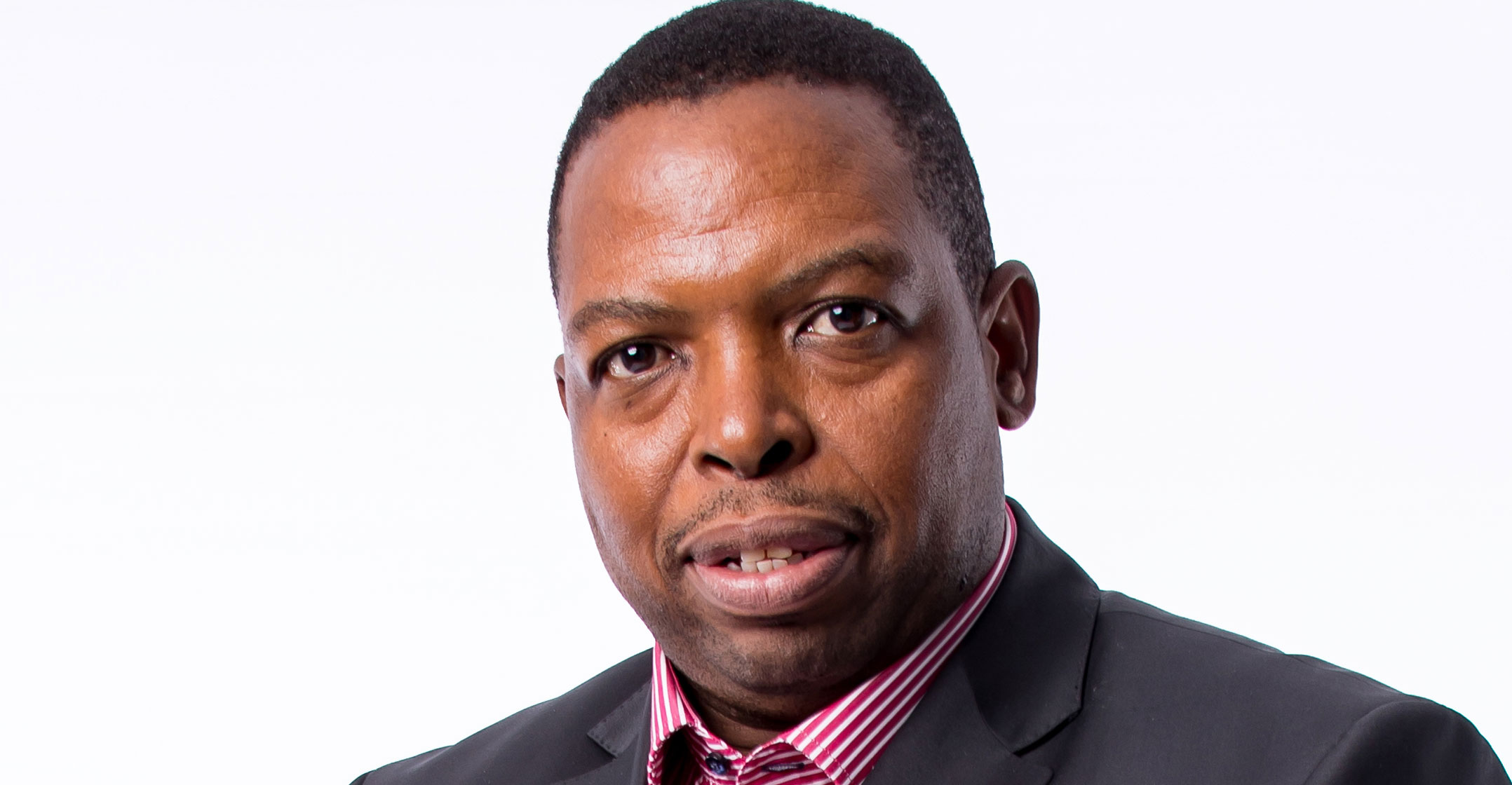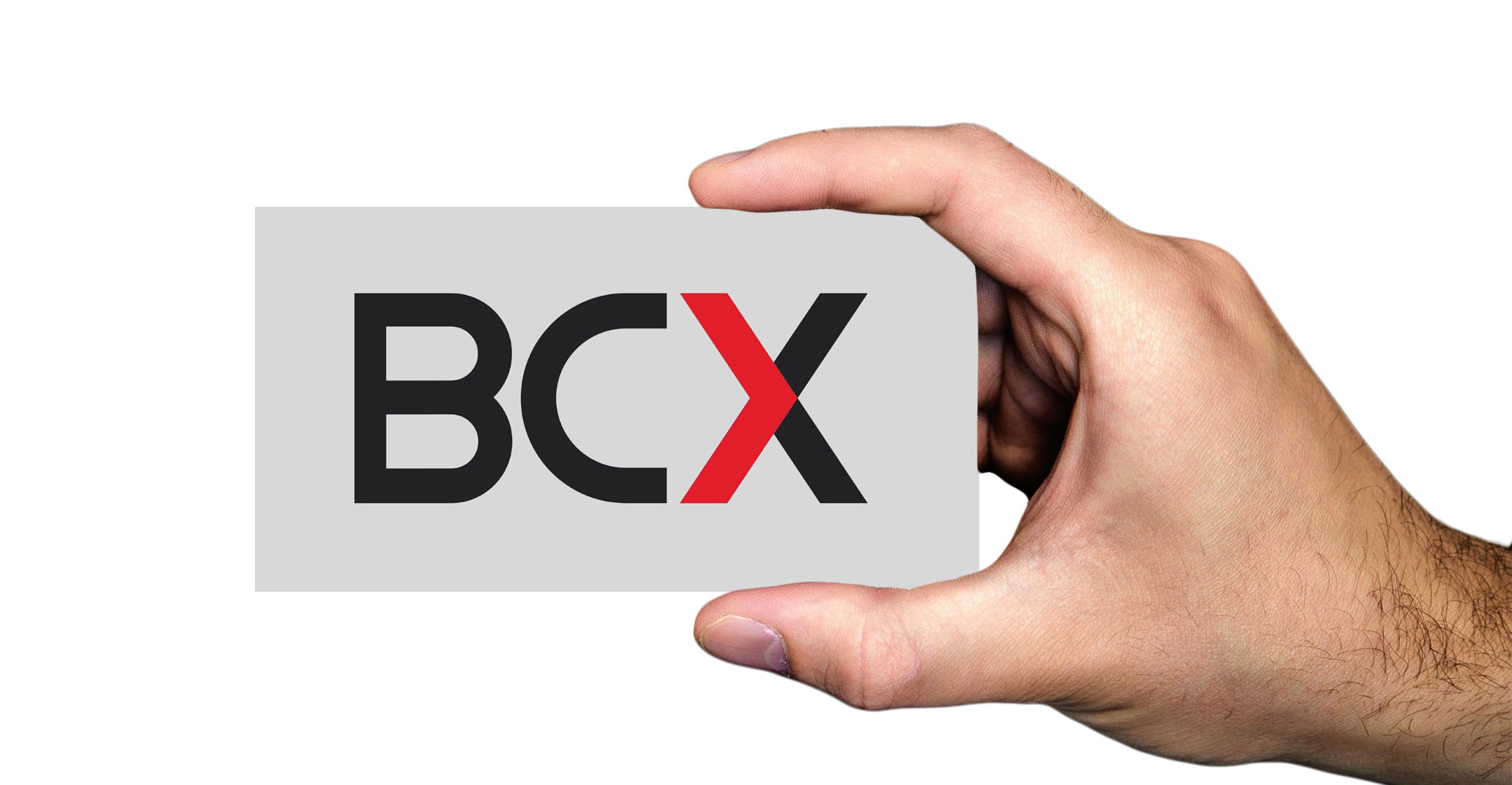
Margin pressure is forcing BCX, the IT services business in the Telkom stable, to think more creatively about new revenue opportunities, according to its CEO, Jonas Bogoshi.
Speaking to TechCentral in an exclusive interview, Bogoshi said BCX – which was acquired by Telkom in 2015 in a R2.7-billion cash deal – had done well from Telkom’s “very profitable” legacy voice revenue, but that this has been declining fast.
Some of its traditional IT services offerings have also come under margin pressure, prompting the business to explore new areas of growth, including in cybersecurity, AIOps (artificial intelligence for IT operations) and the supply of private corporate 5G networks.
“We are still the largest IT company in South Africa in terms of a systems integrator”, even without the legacy enterprise voice business, Bogoshi said. The company has been “managing” the decline in legacy voice while shifting its clients to modern solutions like voice over IP and hosted voice services. It’s about halfway through a five-year transition in that regard.
“Legacy voice revenue at one stage was well over 30% of our business; today it’s about 18%,” he said. “At some point we will see this offset with next-generation projects, or IT. But the top line will always be flattish because of that crossover.”
Commodities
He said BCX’s traditional IT services are also “becoming commodities”, with margins declining, “so we need to think about what kind of business we run going forward”. With margins on voice and hardware thin and being pressured, the business has had to look elsewhere while simultaneously cutting costs – the business has been through several rounds of retrenchments in recent years to compensate for the margin squeeze. At the time of the Telkom acquisition six years ago, it had about 9 000 employees, according to Bogoshi – that figure is now in the region of about 6 000 people, though some of those who left departed because of asset sales; others took early retirement packages. The cost-containment efforts are bearing fruit, with Ebitda margin improving to almost 16%, from below 14% previously, with the aim to get to the “16-17% corridor in the longer term”, he said.
In its most recently published financial results, for the year ended 31 March 2021, Telkom said BCX “suffered a decline in revenue as the national lockdown and the work-from-home response impacted fixed-voice revenue from enterprise customers”.
“IT revenue also came under pressure as corporates deferred capital expenditure and delayed projects given the increased levels of uncertainty. Supply-chain disruptions also impacted businesses as countries were locked down across the globe. In response, BCX successfully focused on optimising its cost base with a clear focus on cash preservation, resulting in Ebitda increasing by 6.6%.”
 No salary increases were implemented last year, helping to keep costs in check, too. Total revenue decreased by 10% to R15.7-billion, while IT business revenue declined by 7.9% to R8.4-billion, mainly due to the adverse effects of the lockdown and low economic activity, Telkom said. IT service revenue, excluding the international operations, declined by 7.9% to R7.8-billion.
No salary increases were implemented last year, helping to keep costs in check, too. Total revenue decreased by 10% to R15.7-billion, while IT business revenue declined by 7.9% to R8.4-billion, mainly due to the adverse effects of the lockdown and low economic activity, Telkom said. IT service revenue, excluding the international operations, declined by 7.9% to R7.8-billion.
BCX is fortunate, Bogoshi said, because much of its revenue is from recurring or annuity business – a very high 95% in its converged communications division, while on the IT services side the figure is in the region of 65%. “That’s still good, but we want to be about 85%. That will enable us to handle any shocks.”
Clients, he said, are demanding that systems integrators like BCX deliver at the lowest cost possible, which is resulting in margin reduction across the IT sector in South Africa.
“Average Ebitda margins in the industry are around 7% or 8%. Clients are taking the savings and investing in new digital capabilities, and that’s where the growth is coming from.”
BCX is focused on several areas to grow revenue and improve profitability. They include helping clients with digital transformation and with industry-specific solutions — these are the fastest growing parts of the business.
Cloud computing is another growth area, though Bogoshi said he’d like to see BCX performing better in this area than it has: It grew by about 15% in the past year compared to estimated industry-wide growth of between 22% and 26%.
Cloud
“We see cloud growth from two areas: moving people from traditional managed services, or hosting, and gaining new customers, especially those running mission-critical workloads like SAP,” he said, adding that BCX has partnerships with hyperscale cloud providers (Microsoft and Amazon Web Services). It has a particularly strong ties with Microsoft and is hoping to expand its relationship with AWS, too.
The move to software-defined networks — SD-WAN and software-defined data centre networks – is another priority focus area, with strong demand for these technologies seen from corporate South Africa. BCX has partnered with key players such as Cisco, Citrix and Huawei to deliver solutions. Although revenues are still relatively small, this is an area that is “doing very well”, Bogoshi said.
Cybersecurity is another highlight, with strong demand expected in years to come. He said BCX’s partnership with French company Atos is a crucial component of its security offerings. “It is incredible how many customers have had their infrastructures attacked,” he said. (The interview with Bogoshi took place before Transnet operations were knocked offline last week by a suspected ransomware attack.)
Other areas of focus include:
- 5G and Wi-Fi 6, where companies are actively testing these technologies, with opportunities for 5G seen in industry-specific applications, including in the mining and manufacturing sectors.
- AIOps, where BCX is developing solutions internally for Telkom and some external clients. The intelligent automation of IT operations should lead to considerable cost savings for clients, Bogoshi said.
- Retooling its industry-specific applications and solutions – an historical differentiator for BCX – for the modern, cloud era.
Asked what role systems integrators like BCX will play in South Africa in future – especially as cloud giants increasingly enter the market, offering simple click-to-buy IT services online – Bogoshi said there will always be a strong role for local, on-the-ground expertise.
However, there will be considerable market consolidation in the coming years. “There will be fewer large enterprise players, plus the hyperscalers. There will be very little space for smaller players.”
Also, systems integrators and hyperscale cloud providers are not naturally direct competitors, and he sees BCX coexisting with them. “They give you IaaS (infrastructure as a service) – that’s all they provide. One of the retailers moved a workload into a hyperscaler. The application crashed, and they realised they were alone. When you are in a hyperscaler, the application is still your responsibility.”
 BCX and other systems integrators in South Africa have either already invested heavily in their own data centres or are in the process of doing so. But does this continued investment make sense, especially with the launch of South African cloud data centres by companies like Microsoft and AWS?
BCX and other systems integrators in South Africa have either already invested heavily in their own data centres or are in the process of doing so. But does this continued investment make sense, especially with the launch of South African cloud data centres by companies like Microsoft and AWS?
Bogoshi said Telkom has taken a group-wide decision to spin off its data centres. Together, Telkom and BCX operate eight data centres across South Africa.
“How we spin these off is still a work in progress,” he said, adding that separating the data centres into a new entity means the assets should attract a higher valuation than the rest of Telkom or BCX.
Separating the data centres will also make them more independent of Telkom and BCX and able to pursue opportunities that are not possible now. Telkom’s property management division Gyro will be the core owner of the data centre assets, though no decision has been taken about whether BCX will remain as an investor, Bogoshi said. – © 2021 NewsCentral Media




